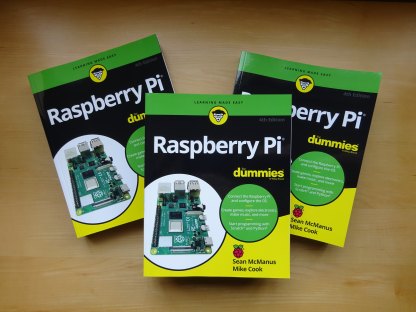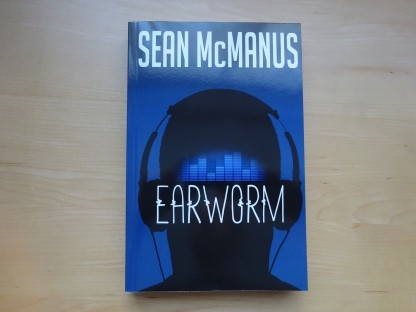
100 Top Tips: Microsoft Excel
Power up your Microsoft Excel skills with this powerful pocket-sized book of tips that will save you time and help you learn more from your spreadsheets.
23 March 2023

I recently wrote an article for BBC News Online about how websites can reduce their carbon footprint.
You may not have considered it before, but every web visit results in pollution. It uses energy on your device, in the network and on the server. A visit to my homepage, for example, produces 0.17g of CO2, which is better than 83% of websites tested by the Website Carbon Calculator. If I had 10,000 visitors per month, though, that would be the same amount of carbon that a tree absorbs. It would take a whole tree just to offset my website.
There is lots you can do to reduce the carbon footprint of your website:
Those are the first steps. There is much more you can do if you dig deeper. I recommend the books Sustainable Web Design by Tom Greenwood and Designing for Sustainability by Tim Frick.
As for my own website, I hope to be able to drive the carbon footprint down further. I've already made a few refinements, including deleting some images that were used on nearly every page. When I created this site design, my objective was to have something that works well on mobile and is also fast. Sites that meet those goals tend to be relatively low carbon. Faster sites use fewer and smaller files, and so have a smaller carbon footprint. That said, there are still improvements I can make. It's a journey.
It's also an editorial process. When I was writing this blog, I had to decide whether to include the image of the Earth, courtesy of NASA, which I thought would look good and also represent what's at stake in the climate emergency. There's no doubt, though, that there would be a tiny bit less carbon being emitted if I left it out. We all have to work out where we draw the line, given that nobody wants to use a text-only website today.
I hope to write more on this topic in the future. If you'd like to keep up to date with my writing projects, please sign up to my newsletter here.
Permanent link for this post | Blog Home | Website Home | Email feedback
© Sean McManus. All rights reserved.
Visit www.sean.co.uk for free chapters from Sean's coding books (including Mission Python, Scratch Programming in Easy Steps and Coder Academy) and more!

Power up your Microsoft Excel skills with this powerful pocket-sized book of tips that will save you time and help you learn more from your spreadsheets.

This book, now fully updated for Scratch 3, will take you from the basics of the Scratch language into the depths of its more advanced features. A great way to start programming.

Code a space adventure game in this Python programming book published by No Starch Press.

Discover how to make 3D games, create mazes, build a drum machine, make a game with cartoon animals and more!

Set up your Raspberry Pi, then learn how to use the Linux command line, Scratch, Python, Sonic Pi, Minecraft and electronics projects with it.

In this entertaining techno-thriller, Sean McManus takes a slice through the music industry: from the boardroom to the stage; from the studio to the record fair.